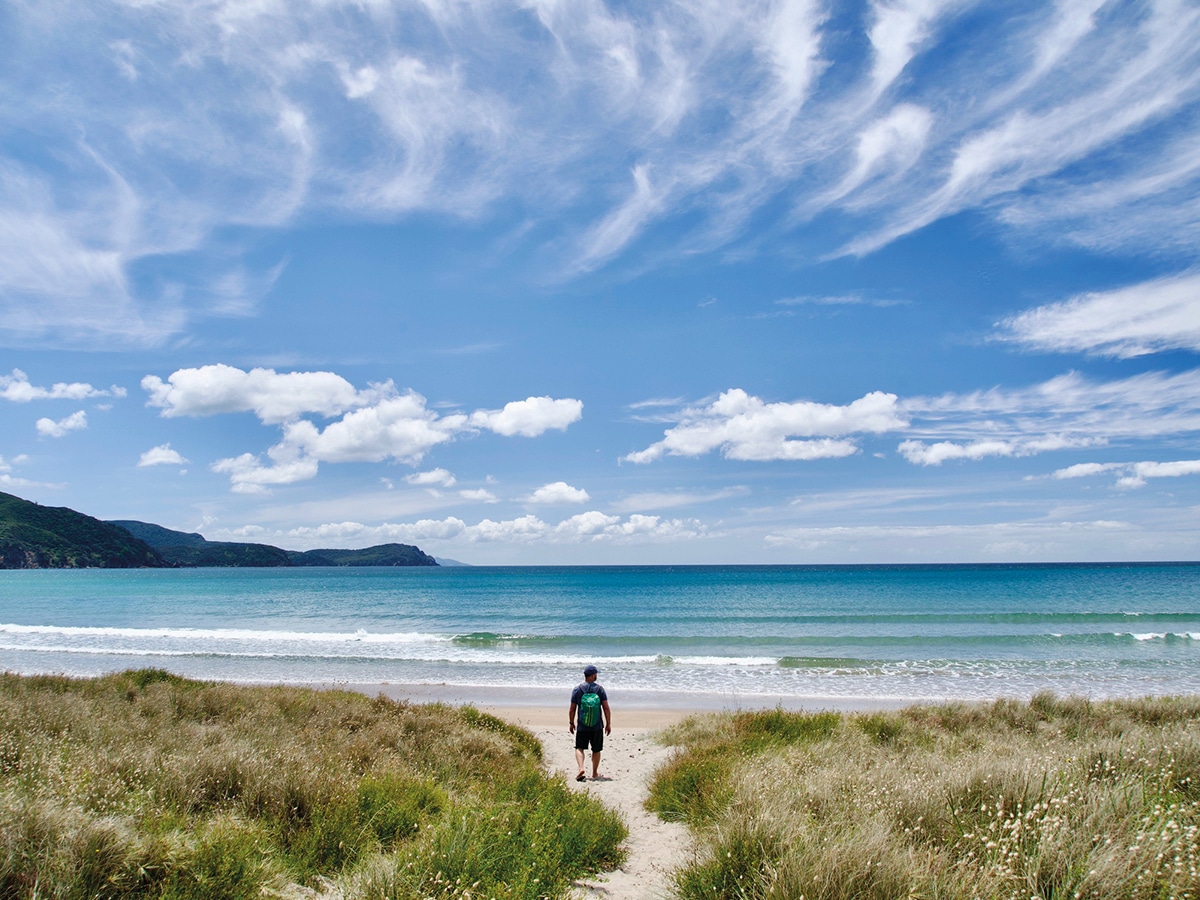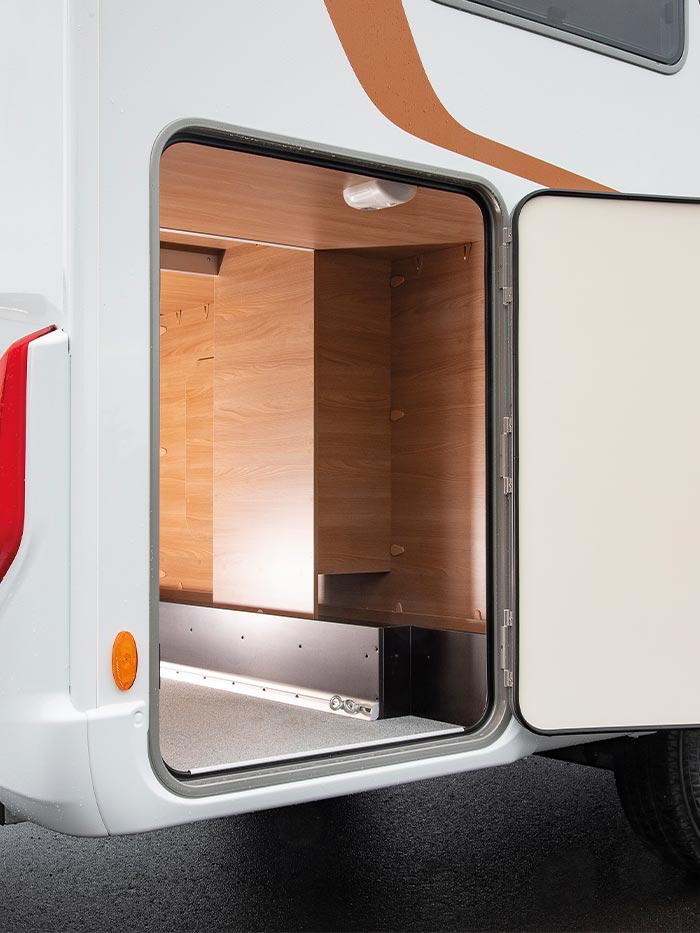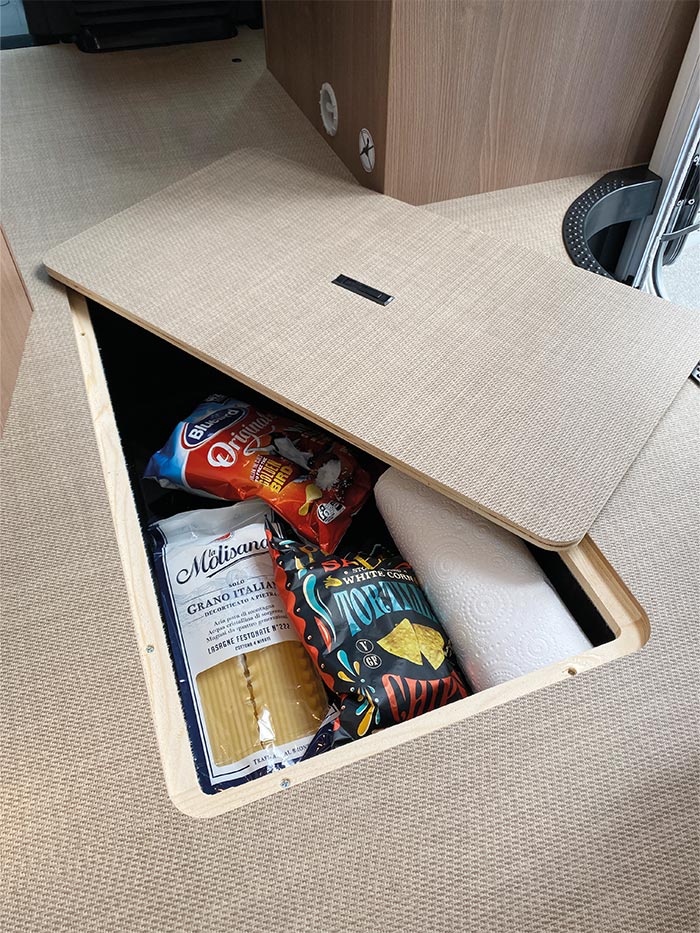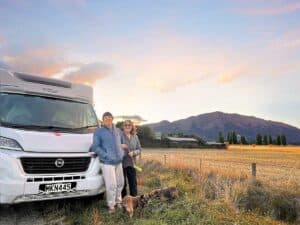After years of recreational boating, Peta Stavelli returned to motorhoming. It’s a question often asked by buyers: how do the two types of recreational investments differ?
I used to think there was nothing half so much fun as messing around in boats. After all, I’d spent many years living remotely, using a boat every day like most people use their car. So what made me switch to becoming a land-locked, land-lubber who loved motorhomes?
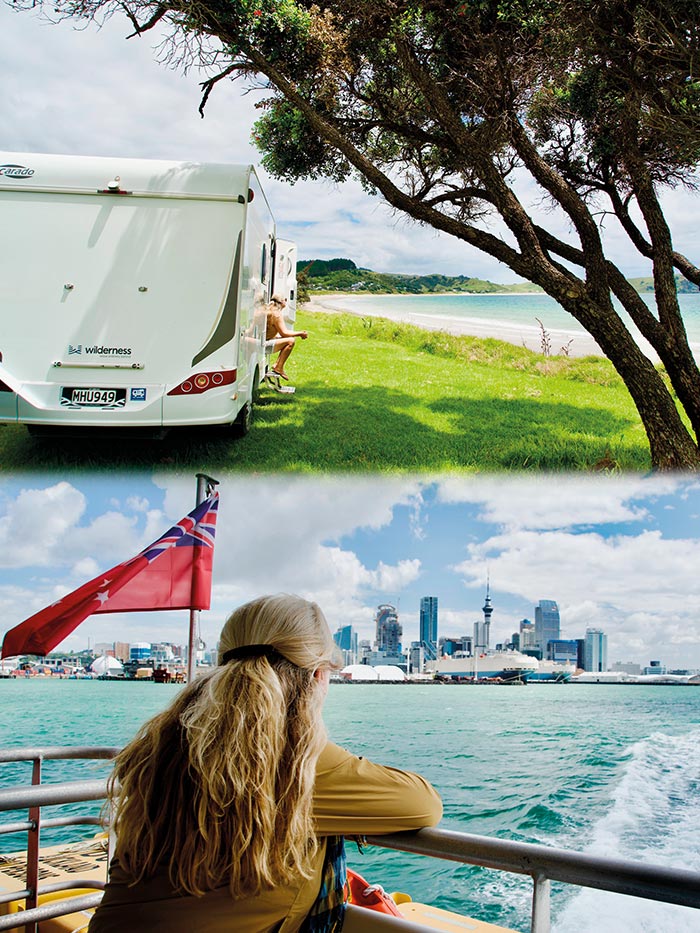
The main thing
First and foremost, the thing I love most about motorhoming is the ability to see the whole picture – as opposed to just part of it. Sure, there’s nothing quite like being tucked up in a secluded bay with water so clear you can see the crayfish crawling along the bottom. I’d swap that any day for the joy of turning down a new road and parking up on the shoreline where I don’t have to worry about maintaining an anchor watch.
Comparing apples with apples
That’s just my experience, though. When you’re tossing up which big ticket item to buy to match your own recreational needs for freedom and exploration, you want a more comprehensive comparison. Let’s begin with the similarities. Both come in similar sizes – usually five to eight metres – and each can offer most of your home comfort and storage needs. Both need fuel to run; and both are built from the outside in. Boats are built hull first while motorhomes are built beginning with the cab-chassis.
Getting up to speed
If you are intimidated by the size of a motorhome and are wondering if you could learn to drive one on the open road, let me just say this: if you can drive a car, you can drive a motorhome. Conversely, in order to stay safe on the high seas, you must learn recreational boating rules, understand navigational charts and become aware of changeable marine conditions. You will also need safety equipment like lifejackets, a life-raft, radio equipment and emergency flares.
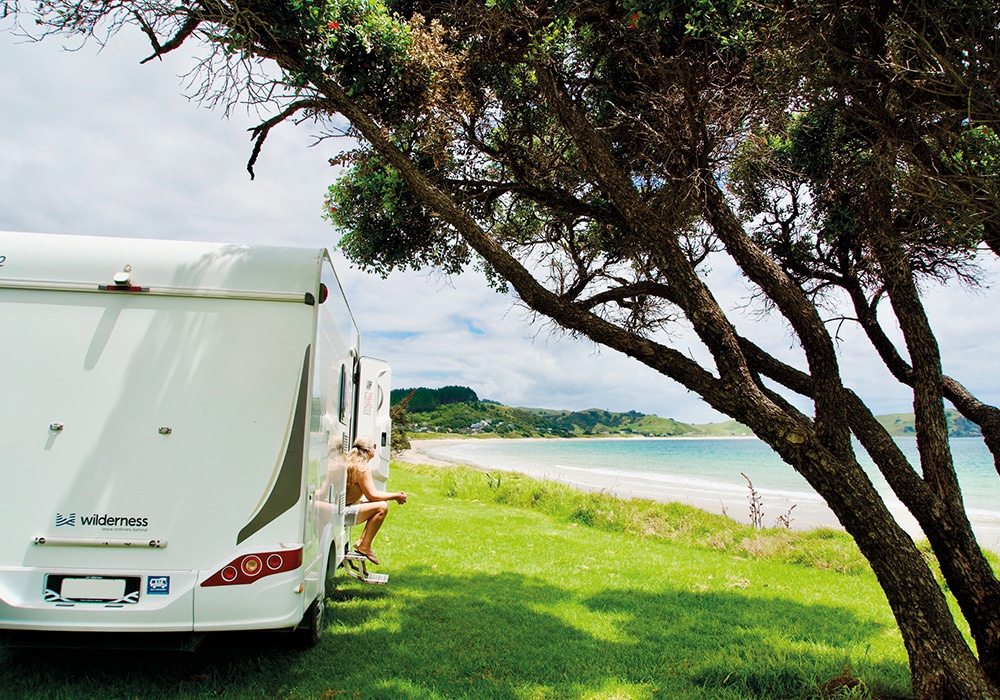
Storage and maintenance
Boaties joke that BOAT actually stands for ‘bring out another thousand’. If you’ve been in a chandlery recently, I am sure you’ll agree. Then there’s the cost of moorings and marina berths. Add to those hefty outlays annual maintenance. If you can’t store your motorhome at home, you’ll also have to shell out for storage; but at least you won’t have to worry about the weather or whether your mooring will hold.
Speaking of the weather…
Whether we’re travelling by road or sea, our focus when planning should always include local knowledge of weather conditions. However, there’s another factor of difference between motorhomes and boats, and that’s the ability to travel across the seasons. Personally, I hate cold flecks of salt spray stinging my face during a winter run on the water just as much as I love returning to the warmth of the camper after a brisk winter walk beside the lake. Most modern recreational vehicles are well-insulated and come with excellent heating or air-conditioning units for cross-seasonal comfort.
Launching a new life as a live-aboard
When my sons were teenagers, I considered buying a motor-launch to live aboard. I wanted to engender in them the same love and respect for the sea I had, however the thought of rowing home at night in appalling conditions was the final undoing of my grand scheme. Space-wise, while there’s not much difference between a boat and motorhome, the cost of marine insurance can be staggering. And unless you buy a classic boat, which if well-maintained might retain its value, depreciation with a boat is generally greater than for a motorhome.
In conclusion
A biker friend once told me the difference between motorbikes and cars is that one (the car) allows you to see the picture; the other puts you in the picture. Perhaps, if you prefer to pit yourself against the elements, the same could be said of boats. But for me, I’d say that swapping boats for motorhoming has allowed me to see more – so much more – of the picture.
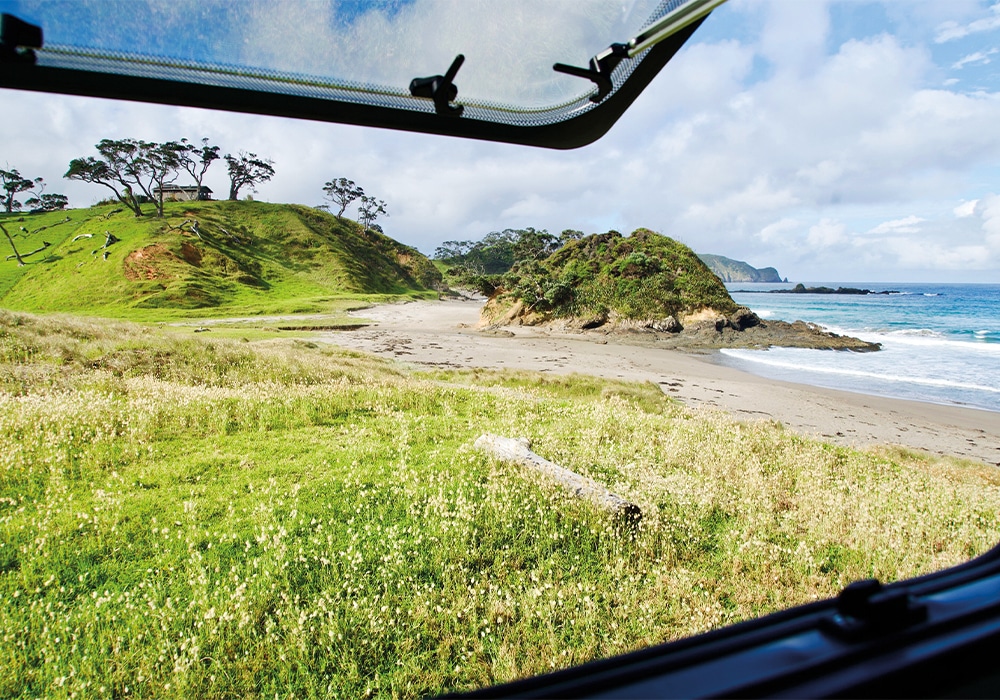
For more information about motorhomes, visit https://www.wilderness.co.nz/

